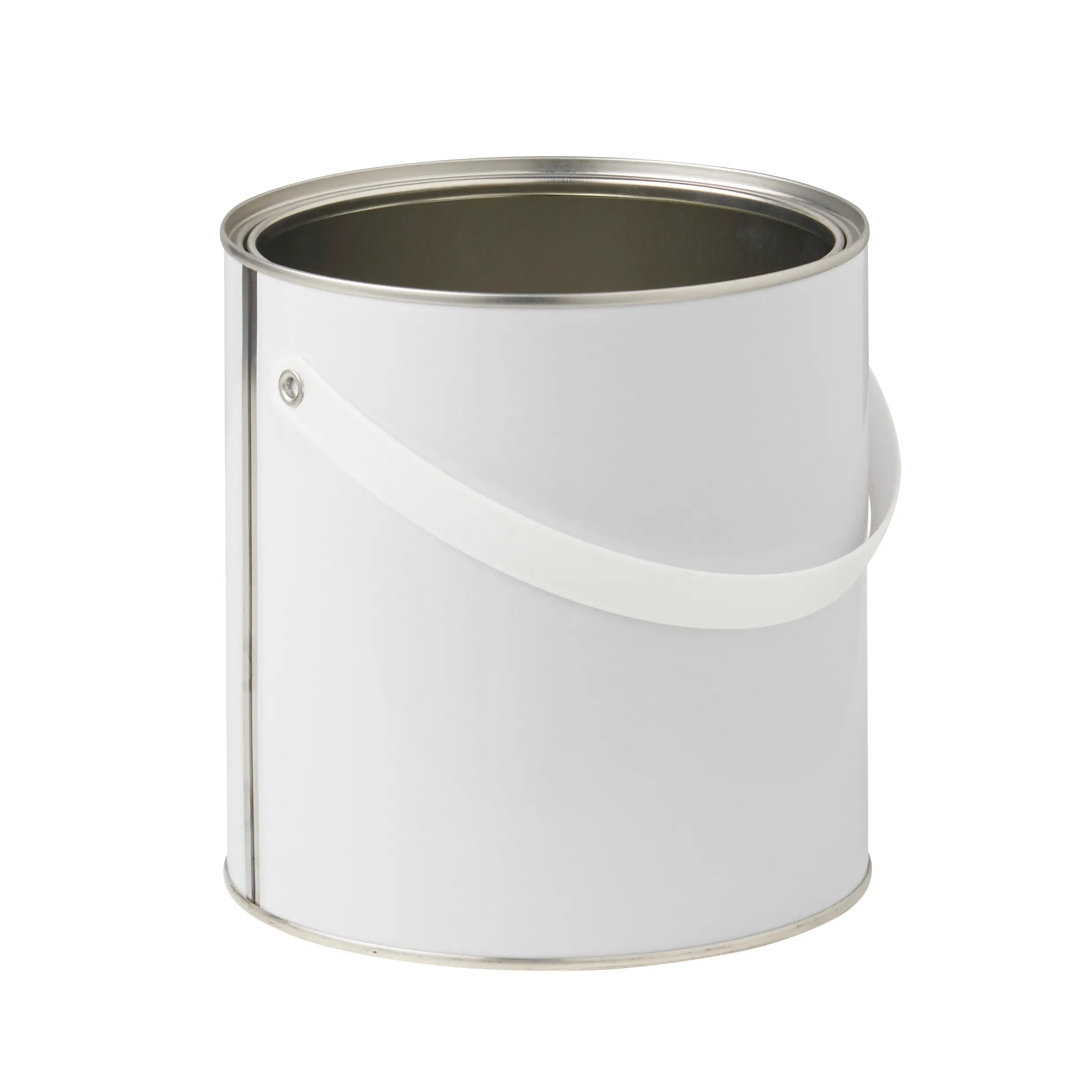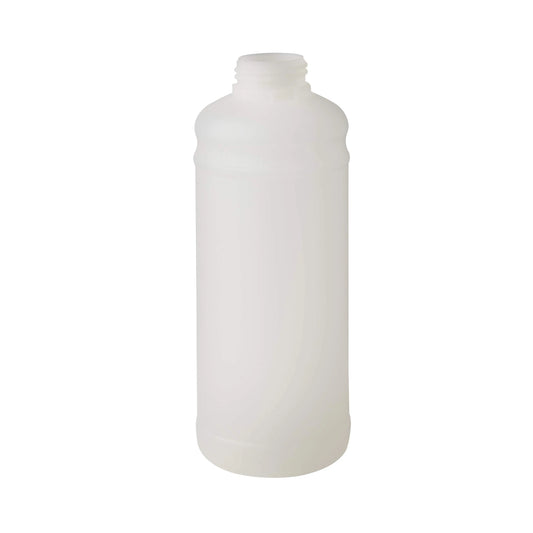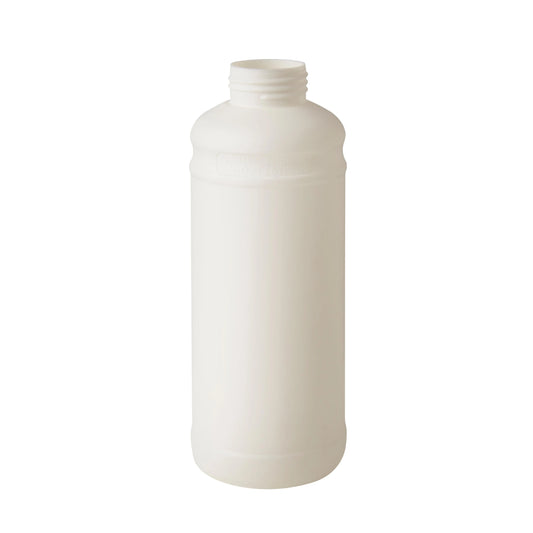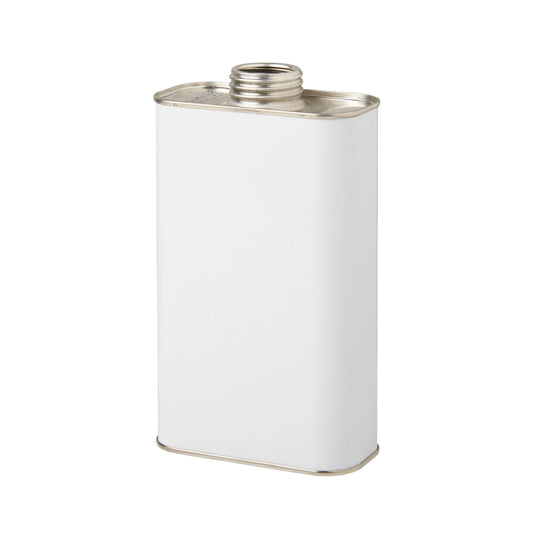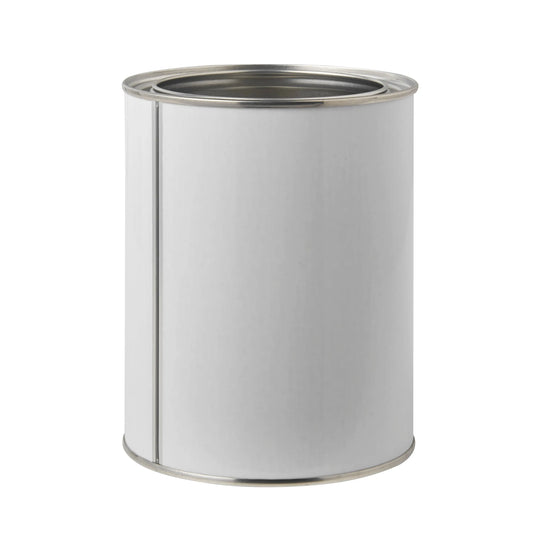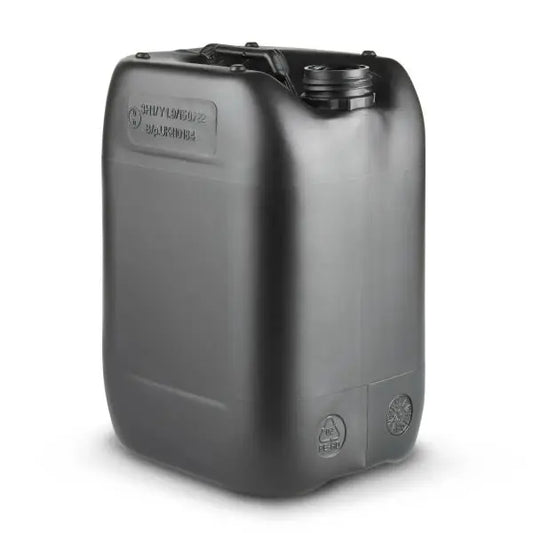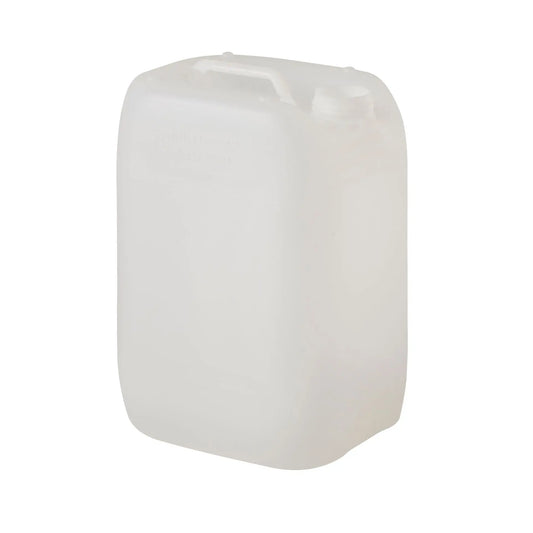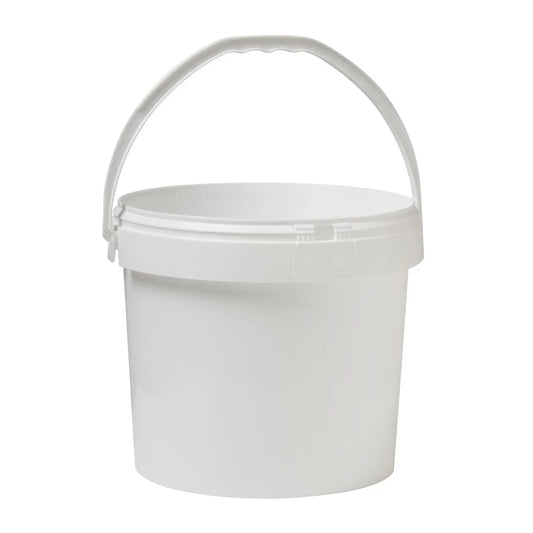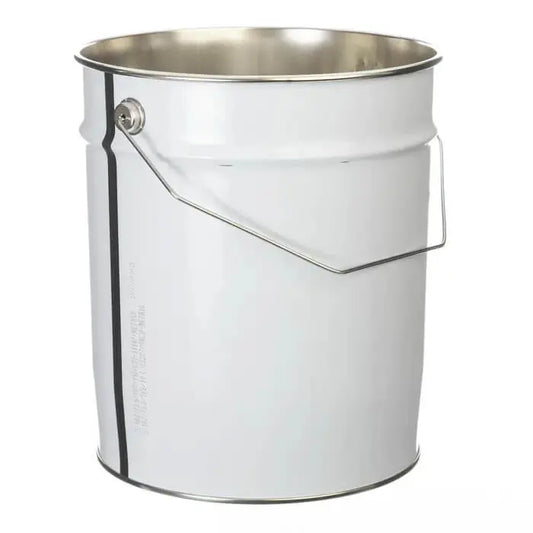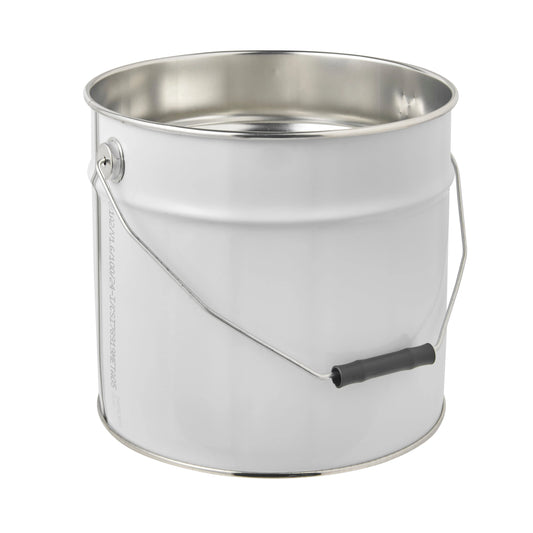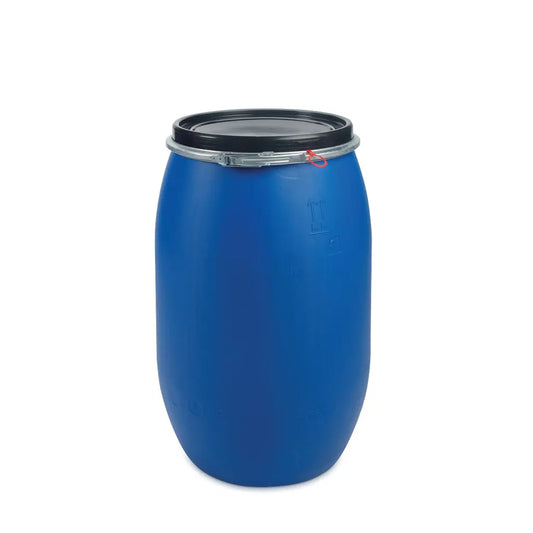Packaging regulations include any type of government legislation that applies to packaging. The directives are wide-reaching and can relate to anything from safety to sustainability to taxation.
Key packaging regulations include those covering food safety standards, hazardous substances, and the environment.
They are legally binding and are written into the UK’s statute book. Failure to comply can lead to financial penalties, enforcement notices, legal action and in serious cases criminal prosecution.
Invopak has been supplying packaging for over fifty years, so we are experts in packaging rules and regulations. If you need advice on choosing packaging that meets your regulatory requirements, or you require certifications or product details, then please get in touch with the team.
Why Packaging Regulations Matter
The purpose of Government regulations is to protect people, businesses and the environment, through legally binding rules and standards. The regulations build trust between businesses and customers because they help ensure that packaging is fit for purpose.
Government bodies, such as the UK’s Food Standards Agency (FSA) and Health and Safety Executive (HSE) monitor, uphold and update packaging requirements in line with policy.
Understanding UN Packaging Regulations
Safety is at the heart of UN packaging regulations. The regulations ensure that dangerous goods are transported in containers that are fit for purpose. This means that packaging has been tested to ensure the contents will not leak, even under demanding conditions.
UN Certification protects people and the environment across borders, because the regulations are founded on an international set of standards. Unique UN packaging codes set out exactly what packaging has been designed for, this could include whether it can be used for liquids or flammable goods for example.
 UN Packaging Regulations ensure chemicals such as herbicides are stored safely
UN Packaging Regulations ensure chemicals such as herbicides are stored safely
Key Features of UN Packaging Regulations
The UN certification tests are designed to replicate typical shipping conditions that could cause packaging to fail. There are 5 essential tests that packaging must pass to be granted UN certification they are;
Leakproof - This test involves submerging the sealed container in water, if air bubbles escape, the packaging is inadequately sealed and it will not pass.
Stacking Strength - This is important because it ensures the container is suitable for palletisation and bulk shipping. The standard test is that a stack of 3 meters high must hold for 24 hours without breaking.
Drop - The packaging must survive intact from a drop of a set height, typically this is 1.8 metres.
Vibration - This test is designed to replicate the effects of being on the back of a lorry or the hold of a ship. It involves shaking the container and measuring the decibels, if these are too high it means that packaging is not made well enough to pass.
Compression - Also known as the Hydrostatic Pressure Test. It is specifically designed for air transport and ensures that the packaging can withstand air pressure changes.
The tests are designed to replicate the toughest transport conditions that packaging will be subjected to. This includes air transport, road, rail and sea, so that however far goods need to travel the containers will remain safe and intact until they reach their destination.
UN certified packaging is a legal requirement for industries that transport hazardous materials, such as chemicals, pharmaceuticals, food additives, and petrochemicals.
A wide variety of UN certified packaging is available, and the tests must be completed for each specific packaging design and use. The options include plastic packaging such as fluorinated bottles and jerry cans, as well as metal packaging such as aluminium bottles and metal drums.
When UN certification is granted a unique code is issued that details what the packaging can be used for.You can find a more detailed breakdown of UN codes here.
Food Grade Packaging Regulations
A strict set of standards is required for Food Grade packaging. They are enforced by the Food Standards Agency (FSA) and are designed to ensure consumable goods are stored in containers that keep the contents safe to eat.
One of the key requirements is that any packaging material that is in contact with food is non-toxic. The food contact materials regulations are comprehensive and also cover printing inks and adhesives.
Food Safe is a different classification, that is used when packaging is designed for a specific purpose. Typical types of Food Safe packaging include those used for hot foods and beverages such as coffee cups and takeaways. Read more about food grade packaging here.
BPA-free plastic packaging is hygienic, lightweight and is also suitable for IML printing, it a practical choice for food businesses and wholesalers. Plastic tubs, buckets and jerry cans are available in a wide range of sizes and styles, so they can be used to package everything from curry sauce to pork scratchings.
Food grade metal packaging is strong and sustainable and it can be used for storing oils and liquids. Aluminium bottles protect expensive flavours and essences, whilst rectangle tins are a popular choice for olive oil.
Risks of Non-Compliance
Packaging regulations are there for a reason, which is why they are backed by law. Failure to comply can lead to penalties, fines and criminal prosecution. And there are other risks beyond the threat of financial and legal sanctions.
Environmental Harm - Shipping hazardous goods in sub-standard packaging puts the environment at risk because packaging is more likely to break or leak.
Operational Disruption - Certificates are required for food grade and UN packaging. If the packaging does not have the correct paperwork it can cause transport delays, and goods will be rejected by the shipping company.
Reputational Damage - Failure to meet quality and safety standards, particularly in the food industry can damage customer confidence. Product recalls erode trust, making consumers less likely to buy from that brand in future.
Dual Compliance for Food Grade & UN
UN Certified packaging is strong. It is made from durable materials, the designs are engineered for strength and the closures are leak-proof. This heavy-duty packaging is the best choice when safety and security are paramount, even when it is not a legal requirement.
UN Certified packaging is often food-grade. Food and beverage businesses may choose UN packaging because it provides the ultimate in security. Using the best quality packaging for valuable consumables such as flavours, oils and essences makes sense when the cost of lost or damaged goods is high.
Dual-certified (UN and Food) packaging can have features not found in standard products. Invopak’s UN-approved buckets have a patented double-lock rim that is twice and secure and prevents leaks. Tournaire’s System Plus aluminium bottles have a host of features, including an integrated cap and single-spun construction, making them the most secure way of transporting valuable liquids.
Tips for Ensuring Compliance
UN and Food Grade packaging are code-marked to make it easy for customers and businesses to identify. UN packaging will have a UN number which classifies what the container can be used for, whilst food grade packaging will be marked with a glass and fork.
Sourcing packaging from a reputable supplier is one of the easiest ways to ensure regulatory compliance. They will be able to provide the necessary UN or migration certificates, as well as offer advice on the best type of packaging for your requirements.
Why Choose Invopak for Your Packaging?
Invopak has been providing quality packaging to a wide range of industries for over fifty years. We are BRC accredited, Investors in People Platinum and Feefo Platinum too, which means, that when you choose us to supply your packaging you are getting the highest level of expertise and service.
Our team understands the critical role that food-grade and UN-certified packaging plays in ensuring the safety and quality of the products it holds, and we are here to offer advice on finding the right packaging solution for your business.
